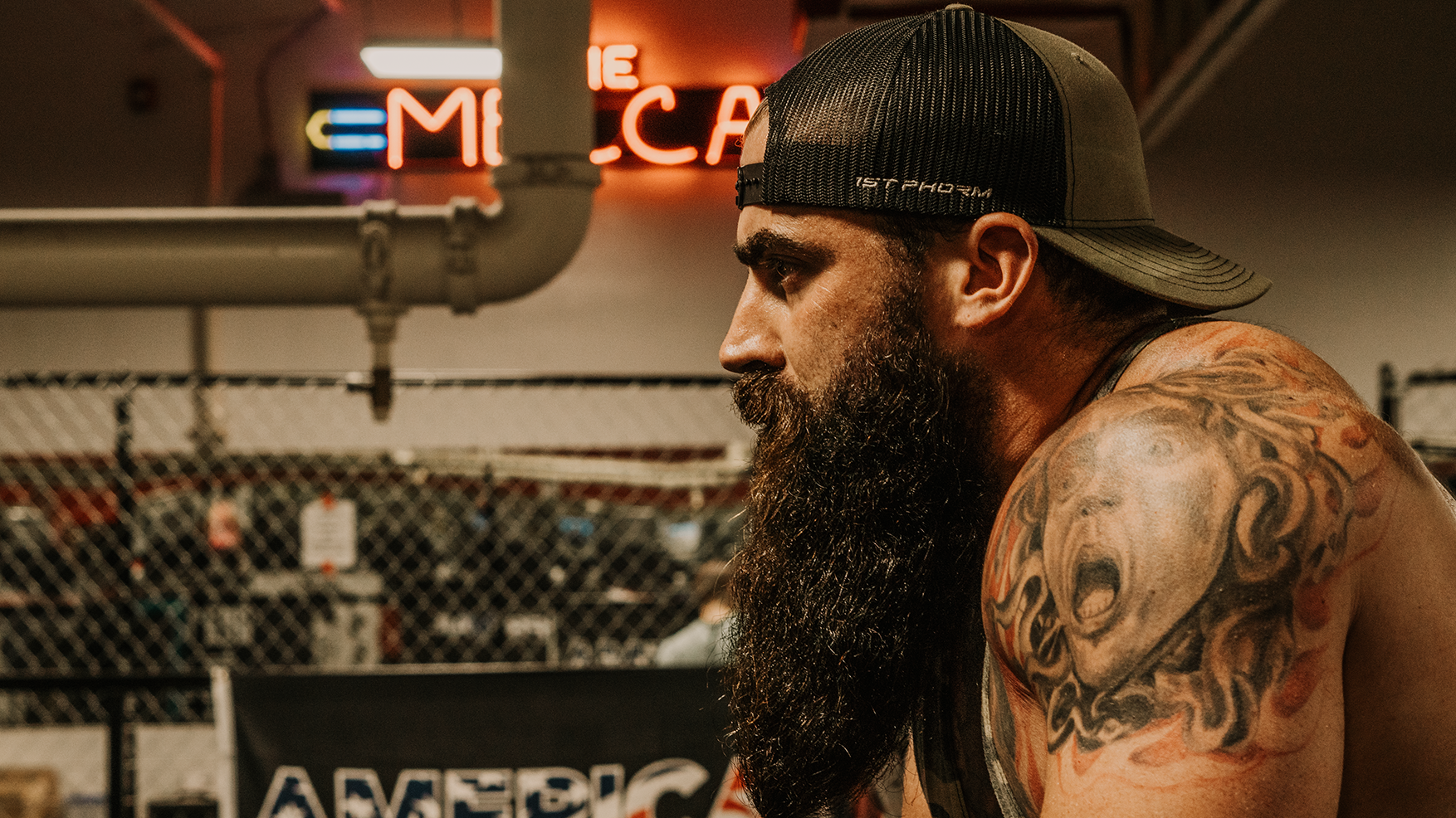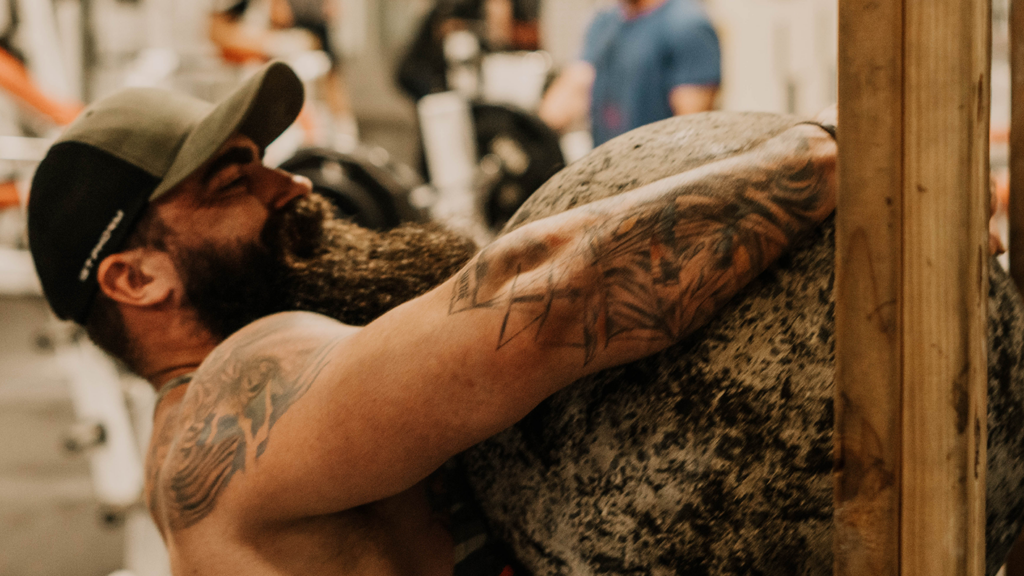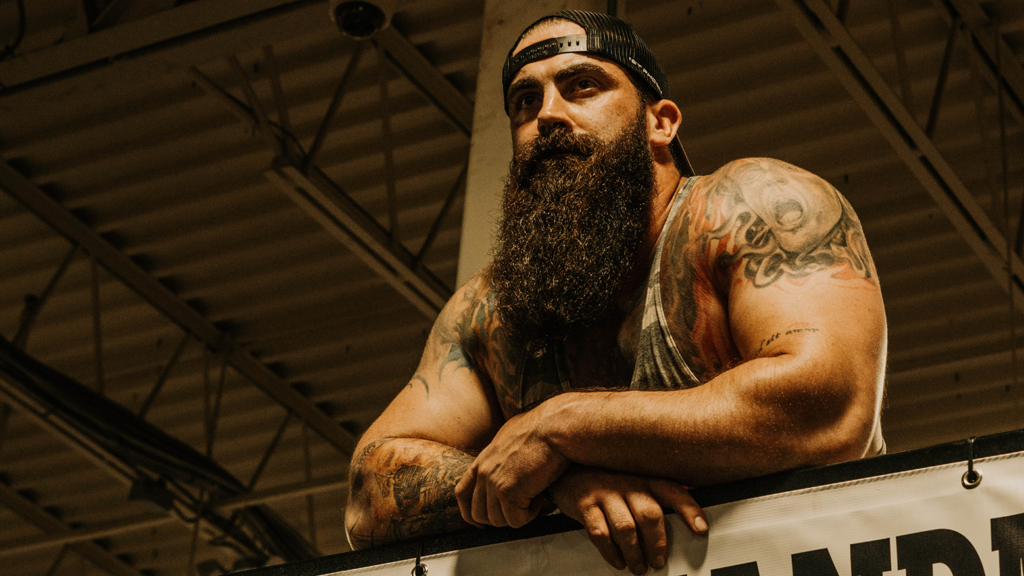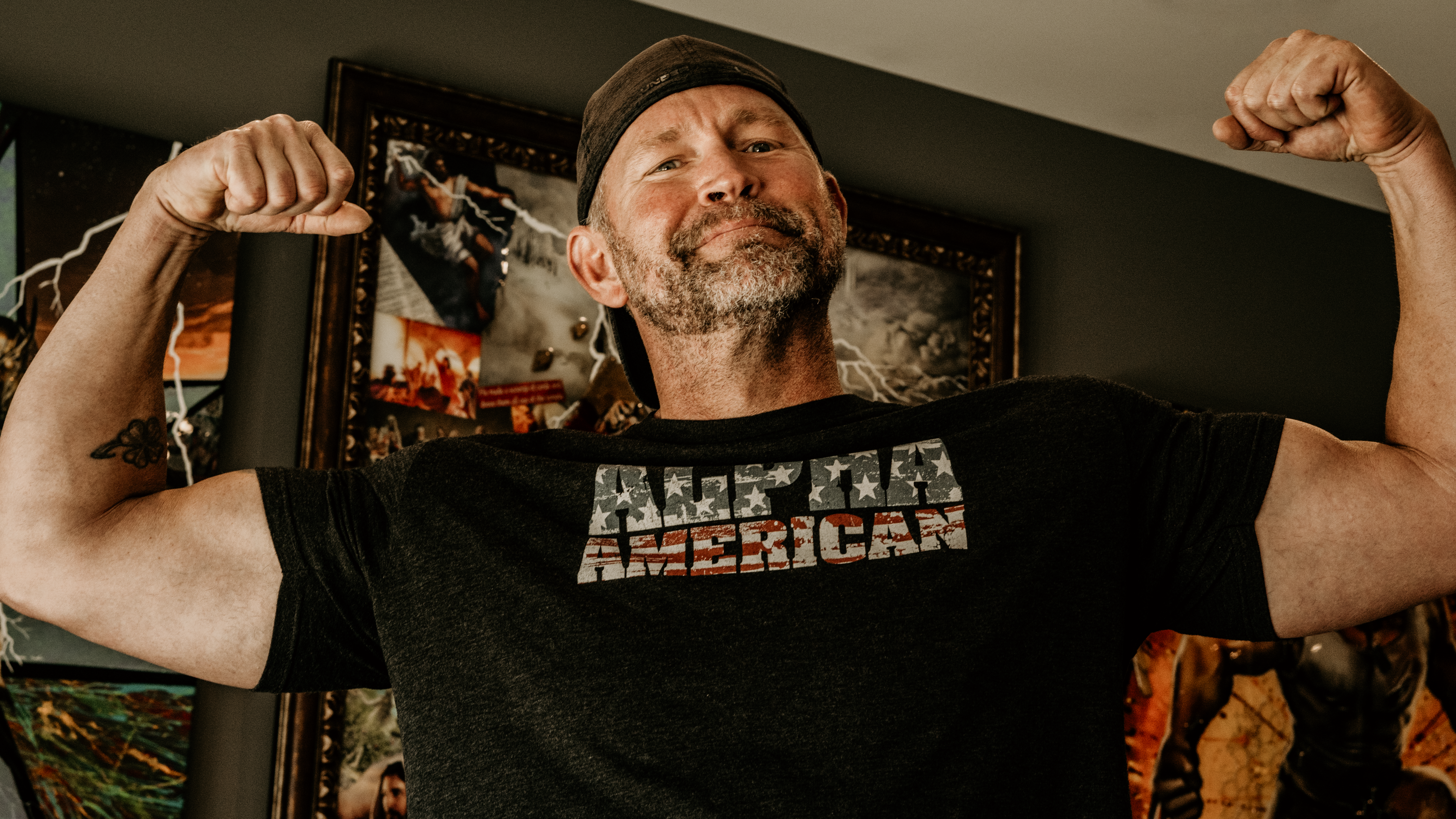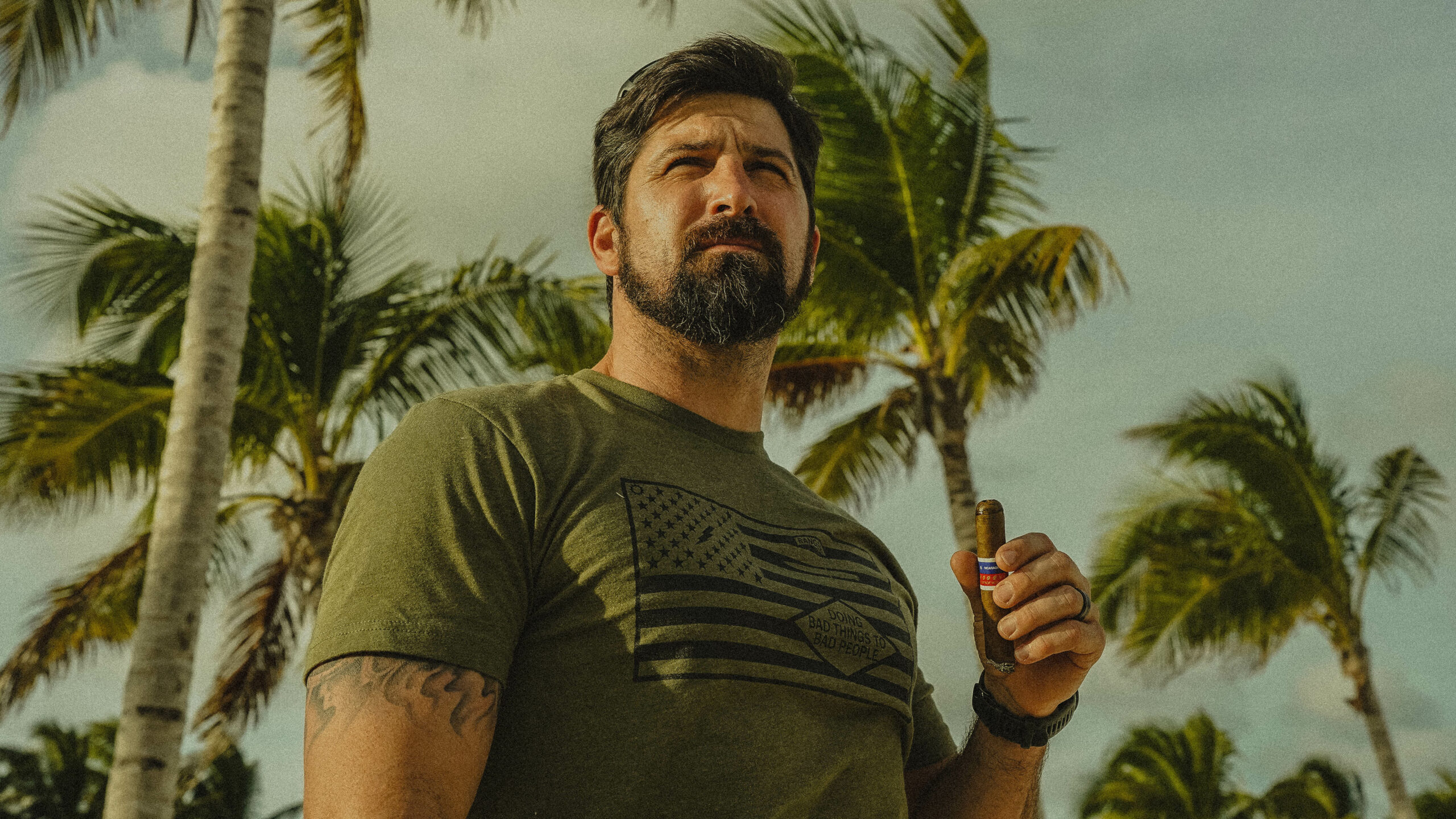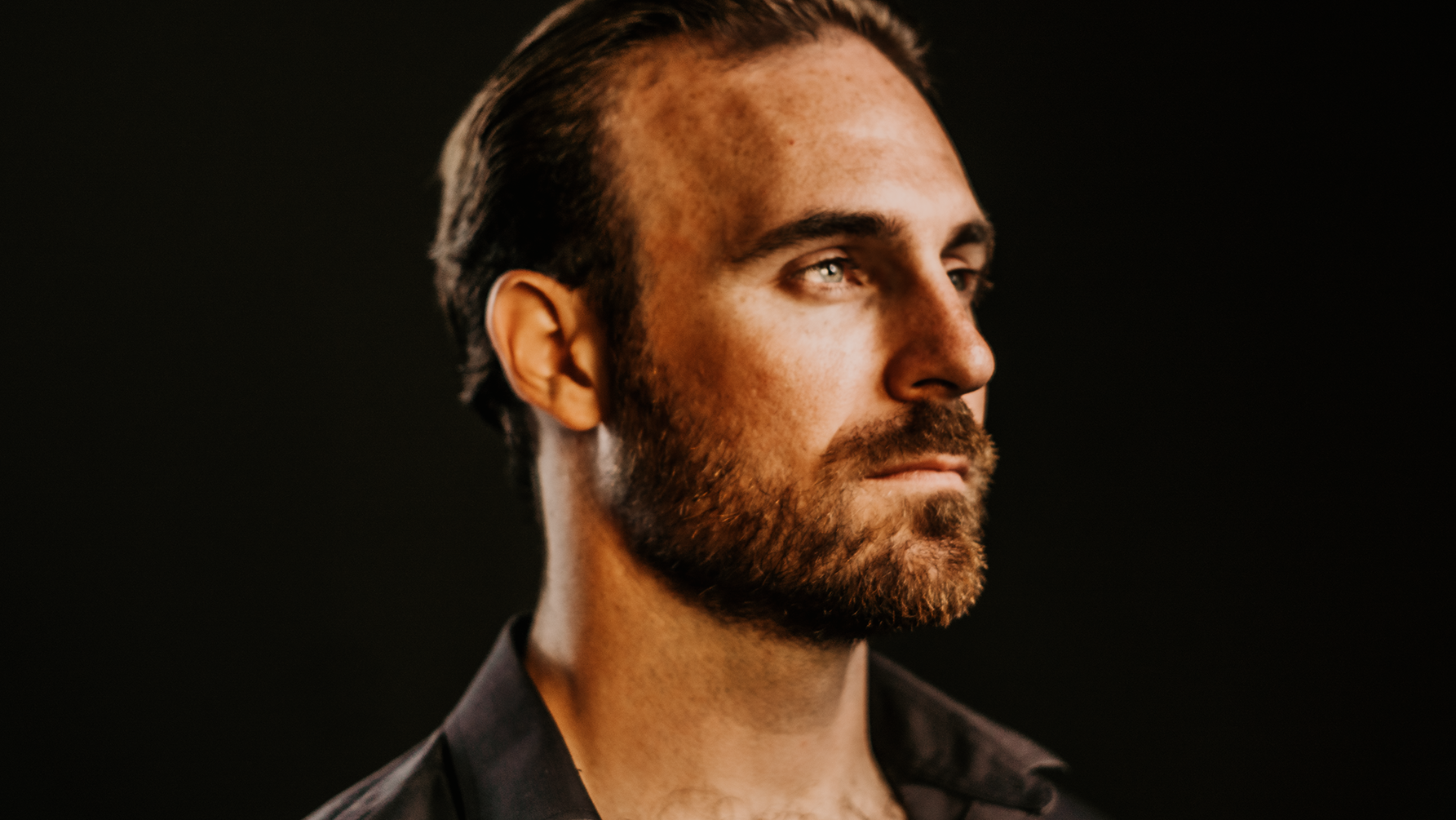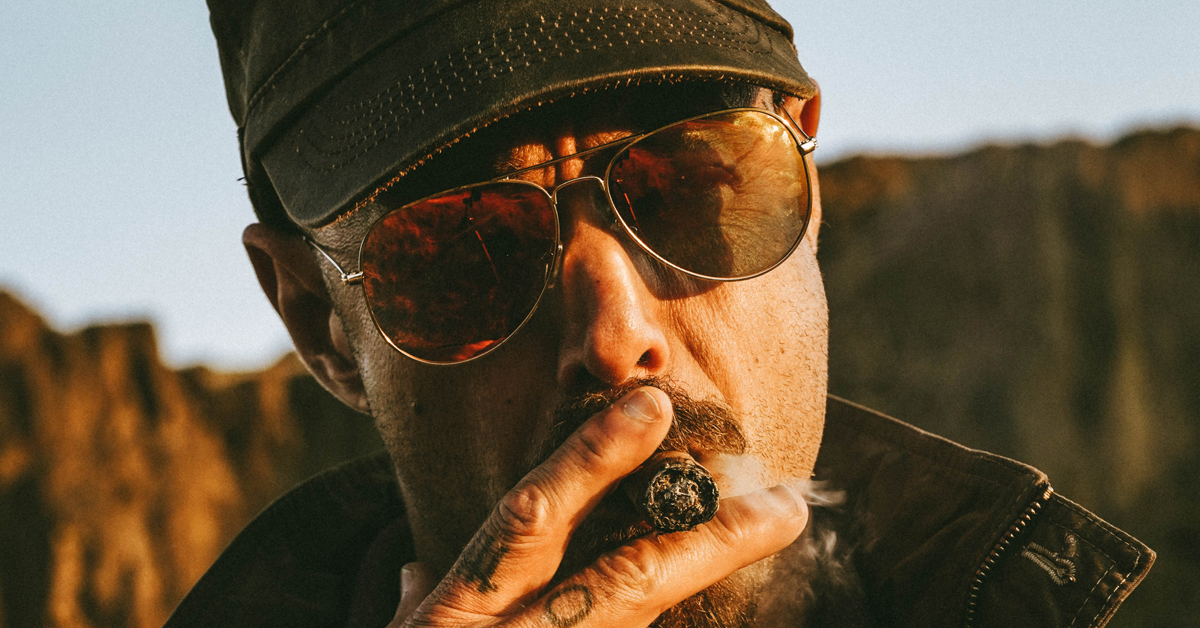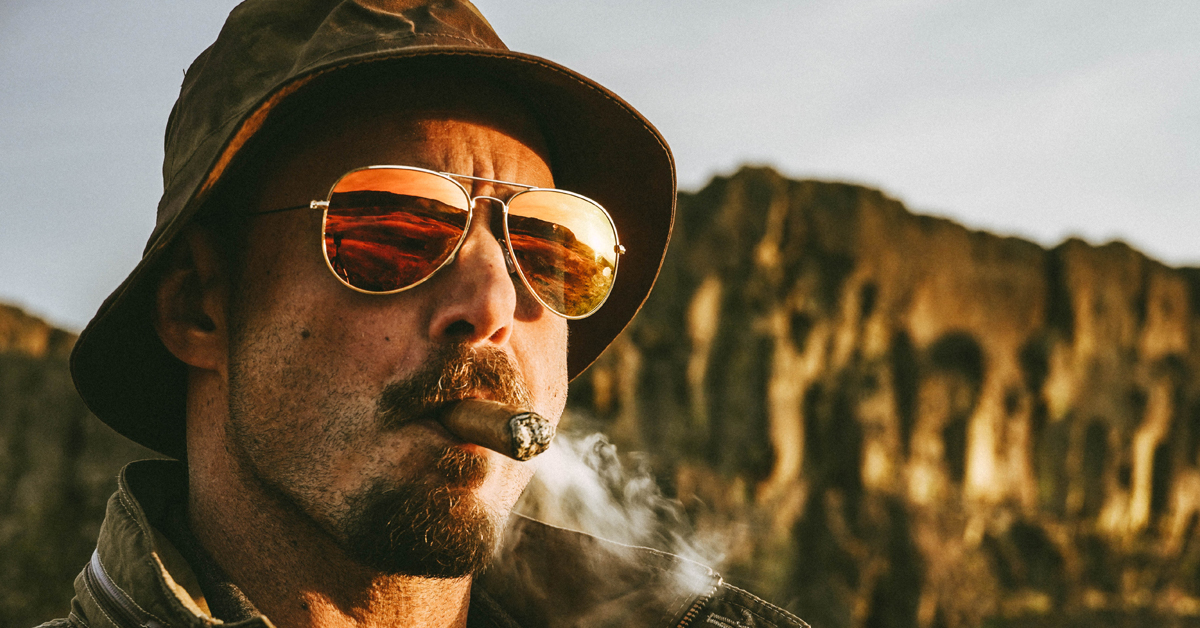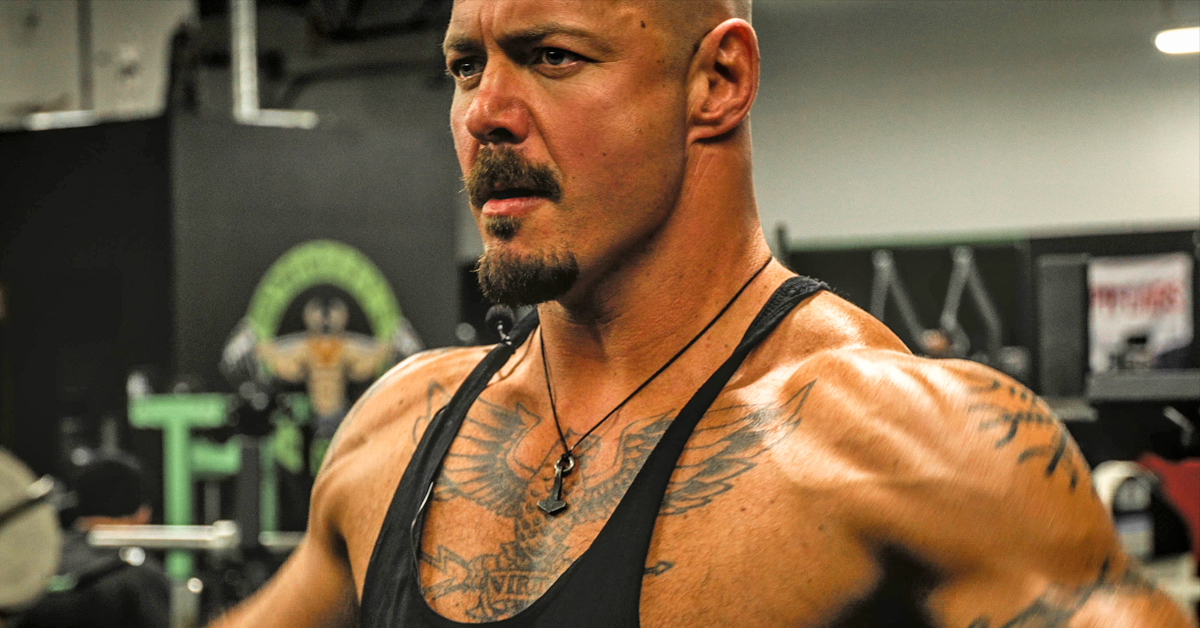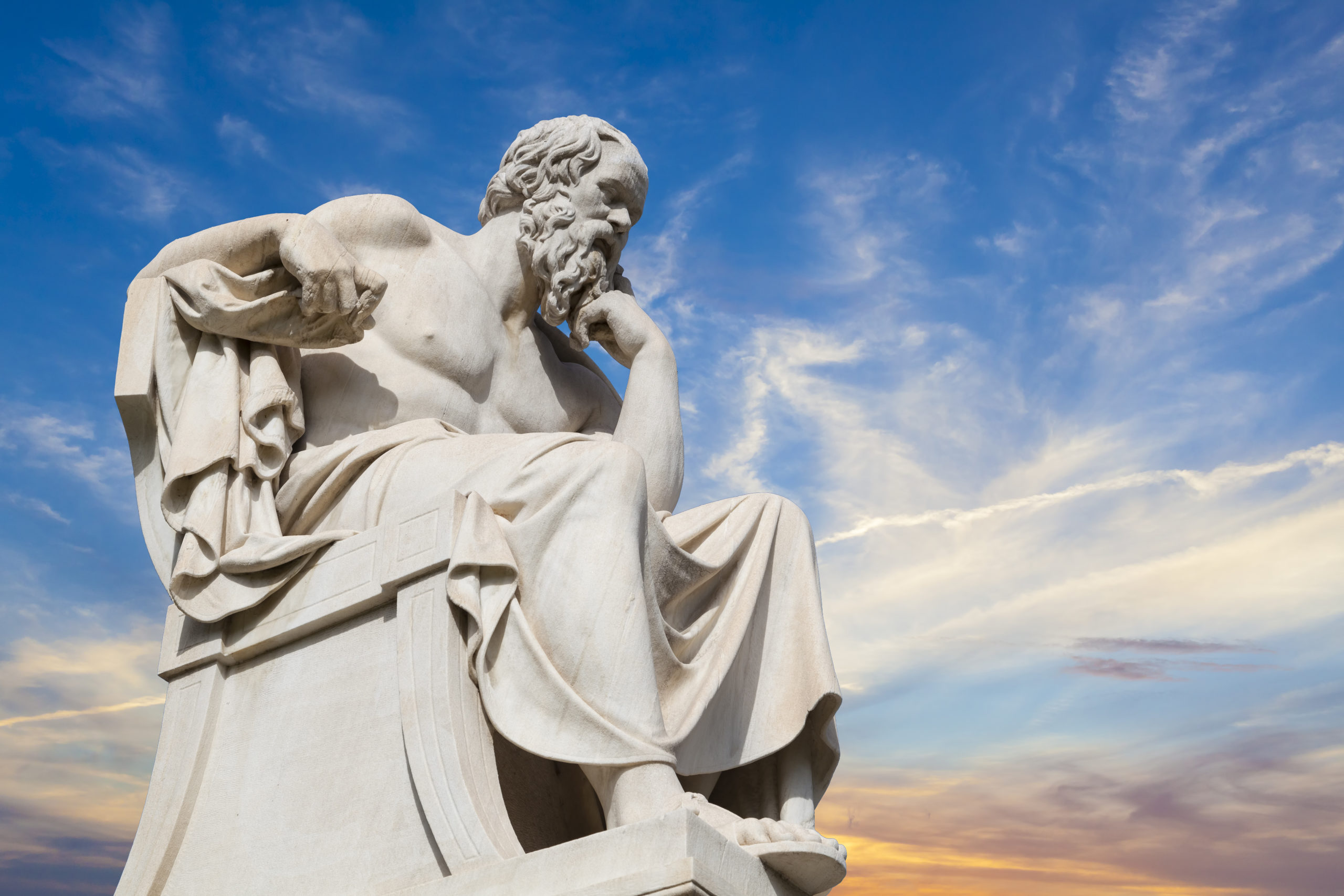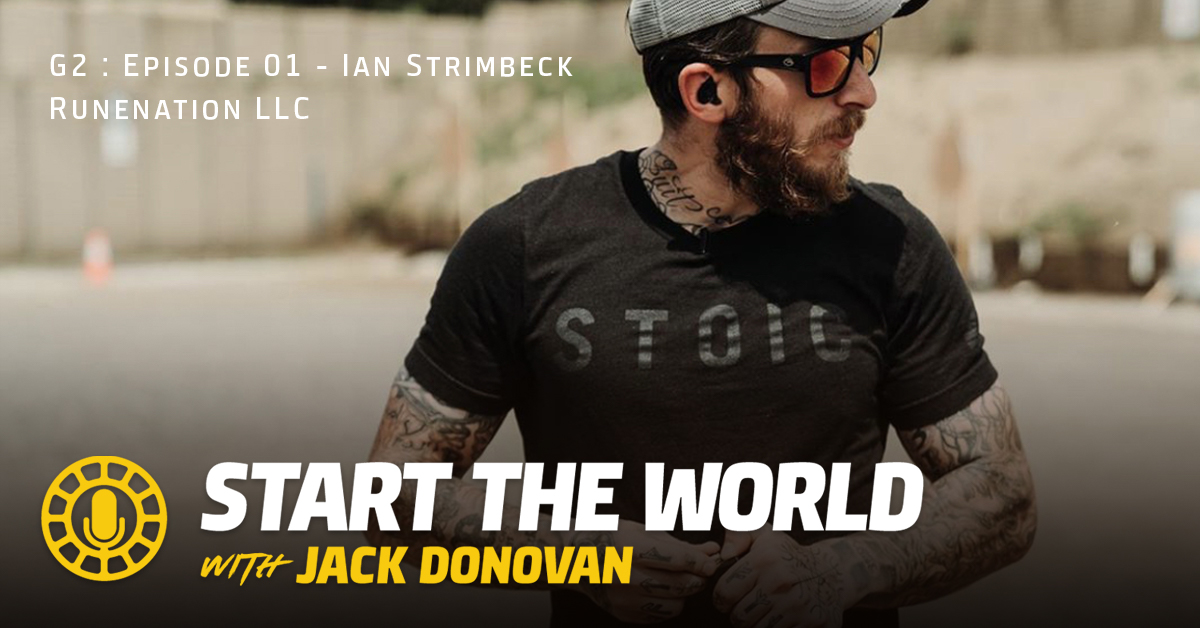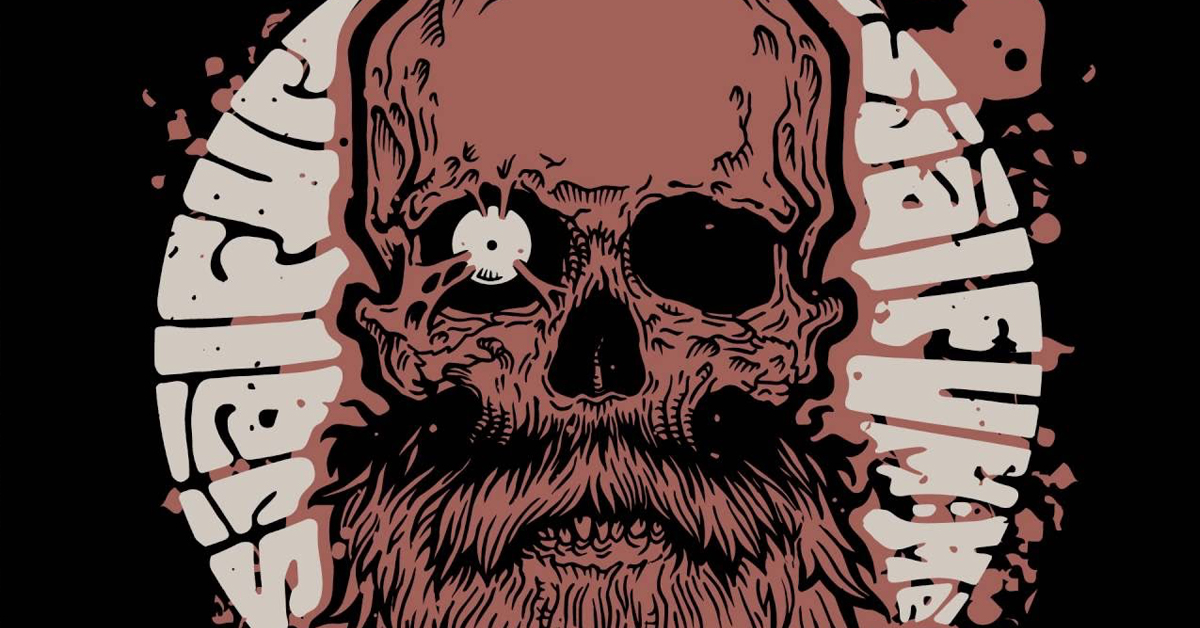To listen on YouTube, click here.
Once upon a time, in the very far East, there was a tiger who lived in a jungle beside an ancient temple.
Every day, resting in the striped shadow of a palm frond, the tiger watched the monks at the temple as they went about their business.
The monks swept the floor of the temple clean with grass brooms.
They polished the statues, offering little prayers as they worked.
The monks lit candles and incense that filled the temple air with fragrant smoke.
And then, after chanting a word that means “peace,” the monks sat down to meditate with great concentration for a very long time.
The tiger squinted his eyes and yawned, and his great fangs glinted in the summer sun.
He wondered what the monks were thinking about while they meditated.
So, after the monks finished meditating and prepared their simple, meatless dinners of lentils and rice, the tiger crept closer to the temple and listened to the monks talking.
One of the monks seemed to be in charge, and the other monks listened to him intently as he spoke.
The tiger noticed that some light-skinned strangers who were wearing unusual garments had arrived to visit the monks and hear them speak.
The monk who seemed to be in charge spoke about the importance of peace and non-violence.
All of the monks nodded quietly, and the strangers nodded too.
Then, he spoke about enlightenment.
And all of the monks nodded quietly, and the strangers nodded too.
And then, the most important monk said something in passing about “opening a third eye.”
All of the monks nodded quietly, but the strangers seemed to get very excited.
And the tiger got very excited, too.
The tiger returned to the jungle, thinking about non-violence and this third eye.
“I want a third eye,” thought the tiger.
“If I had a third eye,” he thought, “imagine what I could see!”
But then, something occurred to the tiger that troubled him.
All of these monks were peaceful and they ate a plant-based diet and they meditated every day for many long hours, but even the most important monk only had two eyes.
The tiger shook his head.
“If these monks work so hard every day and they still only have two eyes, how can I expect my third eye to open?”
And then, the tiger chuckled to himself. The answer was so simple.
“The monks are only people,” the tiger realized, “but I am a tiger, and tigers are grrrreat.”
So it was at that moment, as the sun set behind the ancient temple, that the tiger began his meditation.
He meditated all night, and the moonlight cast striped shadows over him through the fronds of palm trees as they moved gently in the breeze.
When the monks rose the next morning, the tiger was still meditating.
“See,” he thought, “I am already ahead of them.”
The tiger meditated on peace and non-violence, but he found it very difficult to meditate on the absence of a thing.
“What is peace,” he wondered, “but the absence of violence?”
“What character does peace have unto itself?”
“It seems as though peace is an empty space or a pregnant pause — an ellipsis…”
“Now I am getting too philosophical,” smiled the tiger.
“I need to try harder.”
After many hours of meditation, the tiger felt thirsty, and he made his way down to a stream.
He drank his fill of water and listened to the conversations of the birds as they flew from branch to branch above him, looking for insects and worms to kill and eat.
“Two-eyed savages,” he sniffed. “They’ll never reach enlightenment.”
But just then, he saw movement downstream as the dense foliage rustled.
A spotted deer poked out its head, looking around to see if it was safe to drink some water.
The tiger was hungry, and he licked his lips.
Normally, he would begin stalking the spotted deer — waiting for the perfect moment to pounce.
Then he would sink his teeth into its neck, as blood splashed onto his fur, and crush its windpipe.
He would pressure the deer down to the ground with his weight and hold it firmly until it succumbed to darkness.
Then he would drag it to a secluded spot and tear it open, digging out its warm liver and kidneys — all of the good stuff, first.
“My,” sighed the tiger, “thinking about this is making me awfully hungry. I had better stop. I will never reach enlightenment this way.”
So the tiger turned around and walked into the jungle until he could no longer see the deer.
Then he tried to chew on some leaves. They were pretty disgusting, but he kept at it.
“I just have to get used to it,” decided the tiger.
He tried digging up some plant roots because he had seen men do that, but the roots were very dirty, and they didn’t taste very good.
Then, the tiger returned to his spot under the palm fronds and resumed his meditation.

This went on for several days.
During breaks from his meditation, the tiger tried eating all kinds of plants.
He choked on various grasses and leaves and even flowers.
After watching the monkeys, he decided to try some bananas, and the tiger had to admit that bananas were not bad.
Still, no matter how many bananas he ate, the tiger remained hungry.
And he started to feel very sick, and very tired, and very weak.
And it was very difficult for the tiger to concentrate during his meditations.
Then, one afternoon, as he was feeling perfectly awful, the tiger had an idea.
“The monks don’t eat grass and bananas,” he thought, “they eat fluffy white rice!”
“Maybe rice is the secret.”
“I know where the rice grows, but I don’t know how to make it fluffy.”
“I should go get some of the fluffy rice.”
The tiger was certain that this was the solution.
So he returned to his meditation and waited until after the monks had eaten their meal.
After the stars appeared in the blue-black sky, the tiger crept toward the temple through the shadows cast by the moonlight.
Quiet as a kitten, he snuck into the temple kitchen and carefully rummaged for leftover rice.
He found a few grains of fluffy rice on the floor, but the monks had cleaned their pots and bowls.
The tiger became very upset.
He was SO hungry.
Just then, he heard movement outside the kitchen, and the tiger quickly hid in the shadow behind the open door.
One of the monks walked in, carrying a lantern to light his way.
The monk looked around the room.
And it was at that moment that the tiger’s hunger overcame him.
He lept out from the shadows and pounced upon the monk, who screamed and dropped his lantern, which smashed on the floor.
The tiger sunk his teeth into the monk’s neck and ripped the skin open.
Warm red blood sprayed out of the monk with each beat of his panicked heart.
The tiger shook the monk violently and crushed him down to the temple floor.
And as the monk struggled to take his last, coughing breaths — the tiger ROARED.
The fire from the lamp had spread and the growing blaze lit the room with a wild flickering light.
Other monks appeared and shouted and ran away, but the tiger stayed, gorging himself on the monk’s still-moving meat.
The hungry tiger ate and ate and he had never felt more alive and he wasn’t sorry or sad because, after all, he was a tiger.
The tiger had forgotten about his quest for enlightenment.
But then, some men from the village appeared at the door of the flaming kitchen — and they were armed with guns.
The men shouted, and one of them shot at the tiger, and a bullet grazed his shoulder.
“OWWWWWWWWWWWWWRRRRRRR,” the tiger roared.
The tiger jumped up quickly and ran out of the kitchen through the other door.
“Now these men are trying to kill ME!”
The tiger ran back toward the jungle, away from the burning temple. .
The men chased him, firing their guns.
Bullets smashed into the trees and sent bark shrapnel flying past the tiger.
But tigers run faster than men, and the tiger disappeared deep, deep, deep into the darkness of the jungle.

Exhausted but no longer hungry, the tiger sat down to meditate once more.
His wound was still bleeding, but not much, and it didn’t really hurt.
But the tiger was frustrated and confused.
A monkey swung down near him — but safely out of reach.
He stared at the tiger, and seemed curious or possibly concerned.
So the tiger told the monkey what had happened.
The tiger told the monkey how he had tried to meditate upon peace and non-violence like the monks, and how the monks refused to eat meat, so he also refused to eat meat, because the monks seemed very wise.
The tiger told the monkey that he was trying to find enlightenment, and the monkey rolled his eyes.
The tiger grrrrrumbled, and he said to the monkey, “You know, it’s strange. The monks preach non-violence and it is true that they remained peaceful.
But it is also true, you see, that those peaceful monks had no problem fetching the men from the village to use violence against me.”
And, at that, the monkey shrugged and swung back up into the tree.
Some leaves fell from the branches above, and the tired tiger’s eyes followed one of them as it floated lazily to the ground.
When he looked up again, the jungle was transformed.
Everything around him appeared as if in a dream — depths were uncertain and the jungle sparkled with prismatic light.
The air itself seemed as though it were alive.
And that is when the Great Tiger revealed himself.
The Great One looked down at him with a thousand piercing eyes and unfolded a thousand paws.
He was resplendent in stripes of every color, and The Great Tiger was everywhere all at once—beautiful and terrifying.
The Great One roared in a roar that came from all sides, and the tiger could feel his bones rattle inside him.
And then, the Great One spoke to him calmly in a voice that felt as though it had come from the beginning of time and moved through our tiger toward the distant and unknowable end of all things.
The Great One said:
“You will not find what you seek in that burning temple.
Those monks live in error.
They are able to remain peaceful only because they are protected by the men of the village.
They may seem wise, but they are delicate cubs looked after by a ferocious mother.
I will tell you about violence.
Violence is a form of energy — it can be neither created nor destroyed.
It moves from one creature to another, changing state and form, but peace—true peace in life—is an illusion.
A whispered trick of the dragon.
The only true peace comes in death, and even death provides for the living, and the violence continues.
The worm feeds on death’s decay, growing fat until the peaceful dove brings death from above, snatching it from the soil, and swallowing it whole.
And when the eagle catches sight of the dove, he strikes like lightning — crushing it in his talons.
The wild grass draws life from death and waste, and the deer feed on that grass.
But, as you have discovered, tigers do not feed on grass.
It is the role of tigers to feed on deer.
You see, the monks in your temple teach peace, but reality has not changed to accommodate their delusion.
They discovered that prayers and incense alone will not dissuade hungry tigers from eating them.
Men can only keep tigers away by threatening them with violence.
And the world of men works the same way.
The monks in the temple pray for peace, but peace is only achieved in the world of men when one group of men becomes so powerful through wealth or valor that they make rules against violence which can only be enforced by the threat of violence.
So peace, to the extent that it exists at all, is the product of violence.
The threat of violence is the gold standard which guarantees that the laws will be obeyed, and that tigers will not invade the temples and villages of men.
Violence is neither good nor is it evil. It simply is.
Violence is an ocean in which one can swim or drown.
Violence is not a god to be worshipped but a fundamental reality of the universe, a constant that one must recognize and respect if one is to achieve true enlightenment.
The tiger listened to the Great One and contemplated His words of wisdom…
He took a deep breath and felt something tingle in the center of his forehead.
And then, like a flower unfolding to greet the morning sun, the tiger’s Third Eye opened.
And when the tiger’s Third Eye opened, he found that he could see the world just as before, but with greater clarity and understanding.
He sensed three words forming between his black lips and his barbed tongue, and he whispered:
“Violence is golden.”
The meditating tiger returned to all fours, surveying the jungle as the first rays of sunlight penetrated the morning mist, and he said out loud—to no one in particular:
“I wonder where that deer went.”
And the tiger started his day.
And that, friends, is the story of how the tiger opened his Third Eye.

This fable is a mythic re-imagining of the essay “Violence is Golden.”
Read my all-time most widely-read essay here to explore the concept in greater depth.

